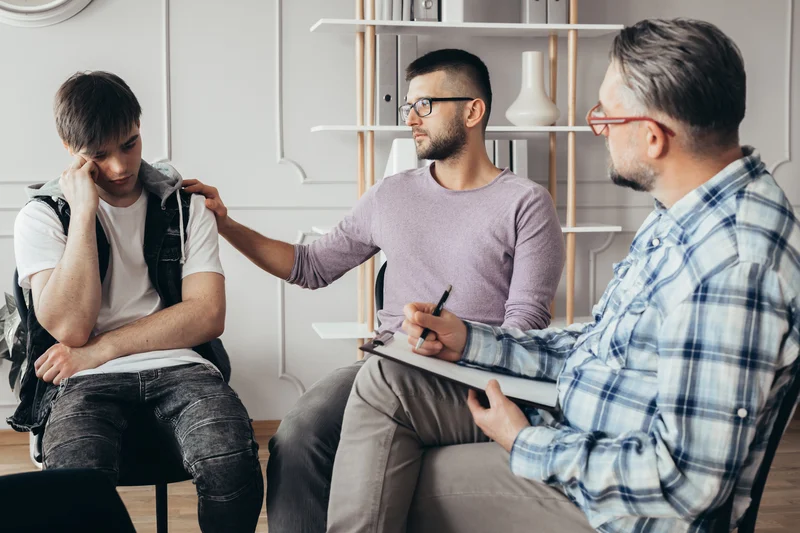13 Experiential Activities for Group Therapy for Addiction

Committed to recovery and wellness, she brings a personal understanding to her work in the addiction field. Outside of work, you can find Angela balancing the warmth of a fulfilling home life and finding joy in the companionship of her beloved puppies. Role-playing exercises teach skills like assertiveness and coping strategies. Fitness classes, like yoga or team sports, promote physical health and build camaraderie. Outdoor activities such as hiking foster a sense of adventure and connection with nature. These self-sufficient survival skills support recovery by building social skills and providing positive cognitive changes.
Discuss Triggers And Coping Strategies
Doing so can make participants realize they aren’t alone in their struggles. drug addiction A guided meditation session at the start of a substance abuse group activity session can create a calming atmosphere for participants. Indiana Center for Recovery is here to support you in reclaiming your life.

Exploring Personal Values
Goal setting involves identifying specific, achievable goals related to their recovery. The group discusses individual goals, offers feedback, and provides encouragement. This activity helps individuals break down their recovery journey into manageable steps and provides direction and motivation.
- This article explores 50 substance abuse group activities designed to empower individuals in their recovery journey.
- Together, group members reflect on the seemingly unmanageable thoughts, feelings, and behaviors that resulted from their triggers.
- We do not receive any compensation or commission for referrals to other treatment facilities.
- Role-playing exercises are a key component of relapse prevention groups, allowing members to simulate peer pressure situations and practice their responses.
- A therapist aims to reshape your thoughts towards a more positive perspective for better behavioral outcomes.
Learn And Discuss The Neuroscience Of Addiction
- In a group setting, individuals can share their experiences of meditation, discuss challenges, and provide support for each other’s practice.
- It’s like a dress rehearsal for real-life challenges – minus the actual stress.
- Find compassionate advice and support strategies to assist your loved ones today.
- These activities promote empathy and vulnerability, strengthening the bonds among group members.
- Participants in substance abuse groups may have histories of trauma that can be triggered during discussions.
- CBT groups teach essential skills related to substance use and broader life skills such as managing anger and solving problems.
- Mindfulness is the practice of observing the present moment without judgment.
Icebreakers can play an essential role in helping group members connect in a group setting. Addiction Resource aims to provide only the most current, accurate information in regards to addiction and addiction treatment, which means we only reference group therapy activities for substance abuse the most credible sources available. Setting short- and long-term goals gives people in recovery something to work for, but they can sometimes struggle with determining what those goals should look like. Role-playing is an effective way to help group members practice handling any tough situations that may arise during treatment, such as making apologies and amends to family members. Self-care includes creating a sleep routine, eating healthy meals, staying hydrated, exercising, and spending time with loved ones.

Exploring Spirituality in Recovery
In group therapy, individuals can learn from one another’s experiences, share coping strategies, and gain valuable insights into their recovery journey. This can include medication-assisted treatment, group therapy, individual therapy, life skills groups, psychoeducation groups, and support groups. Some clients may present with reluctance to participate in the different forms of group therapy during their treatment program. Individual therapy provides clients with one-on-one time with a trained Counselor which can feel less overwhelming and more personal than a group setting.
